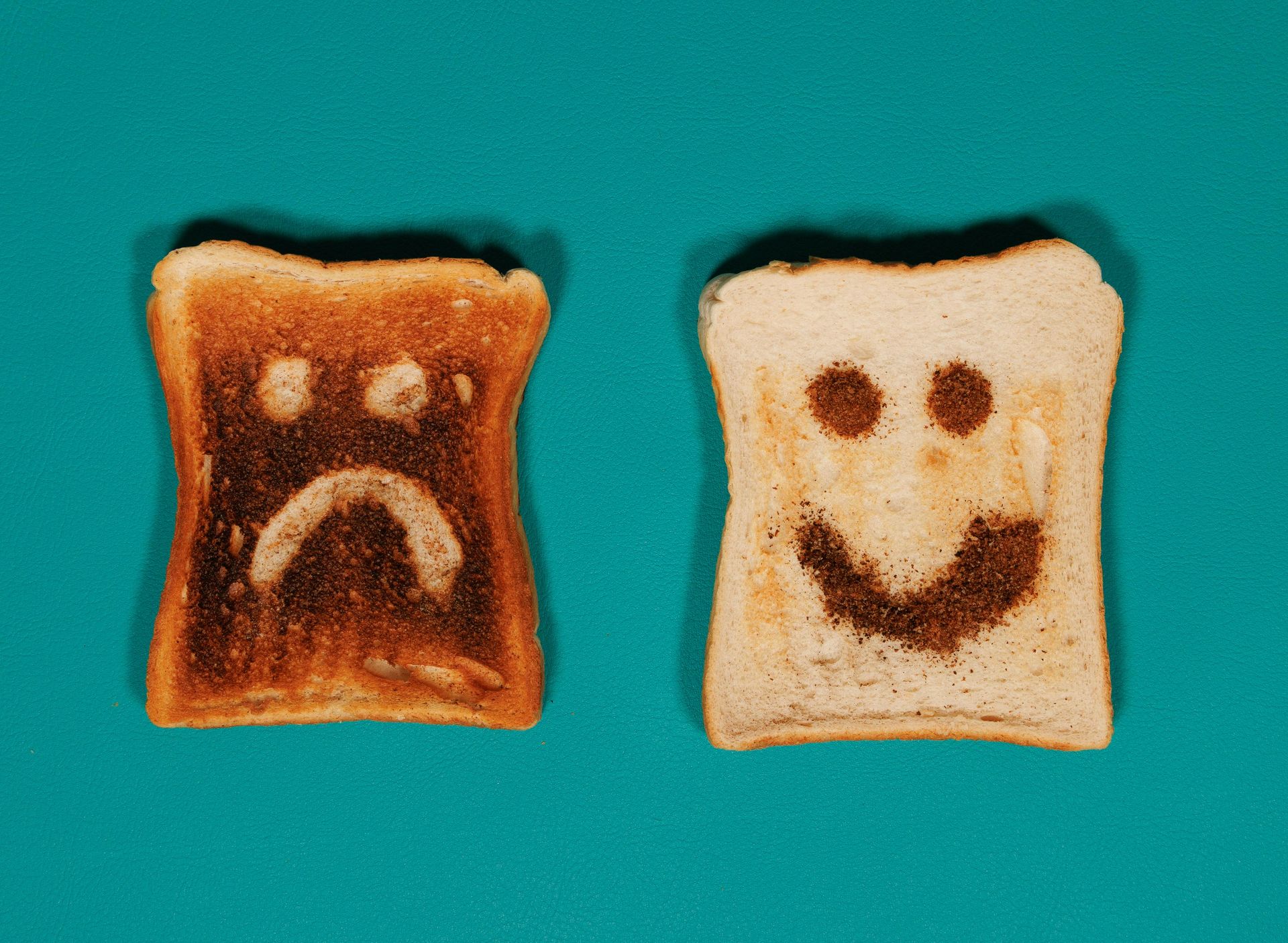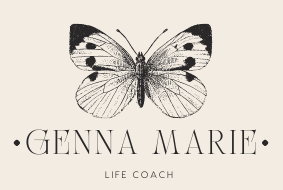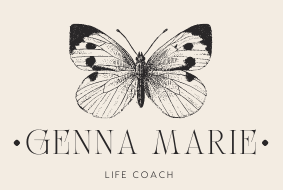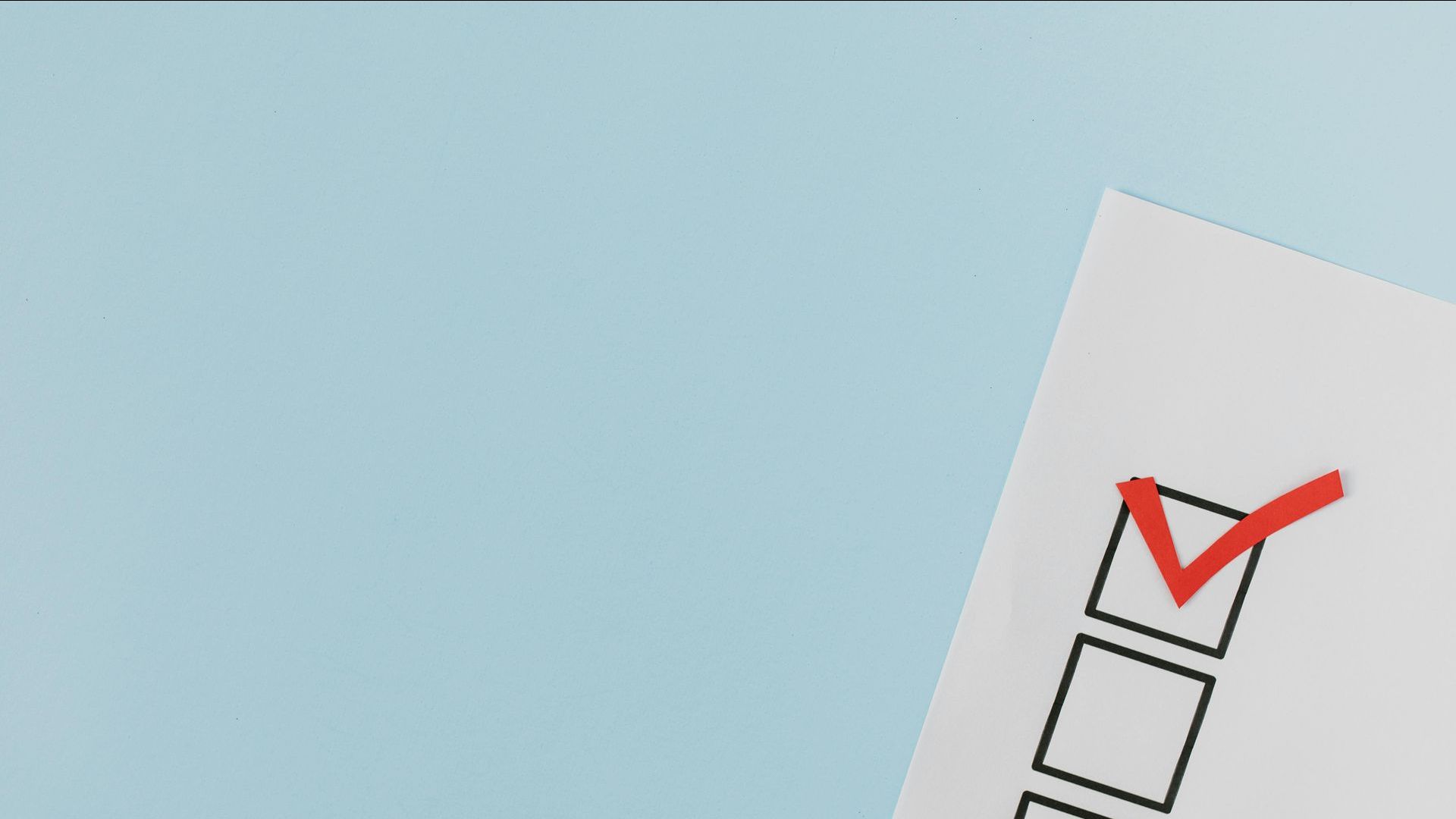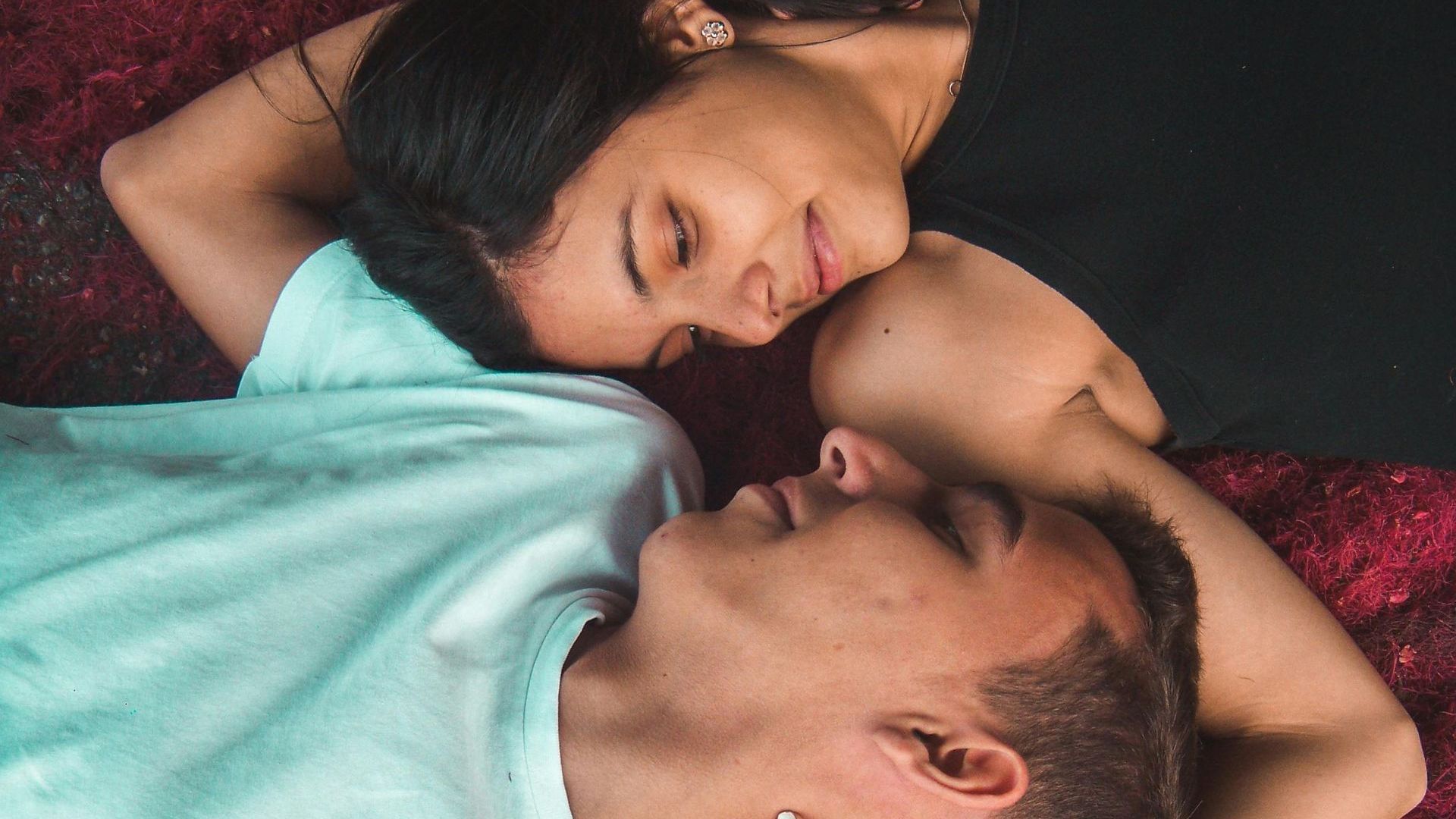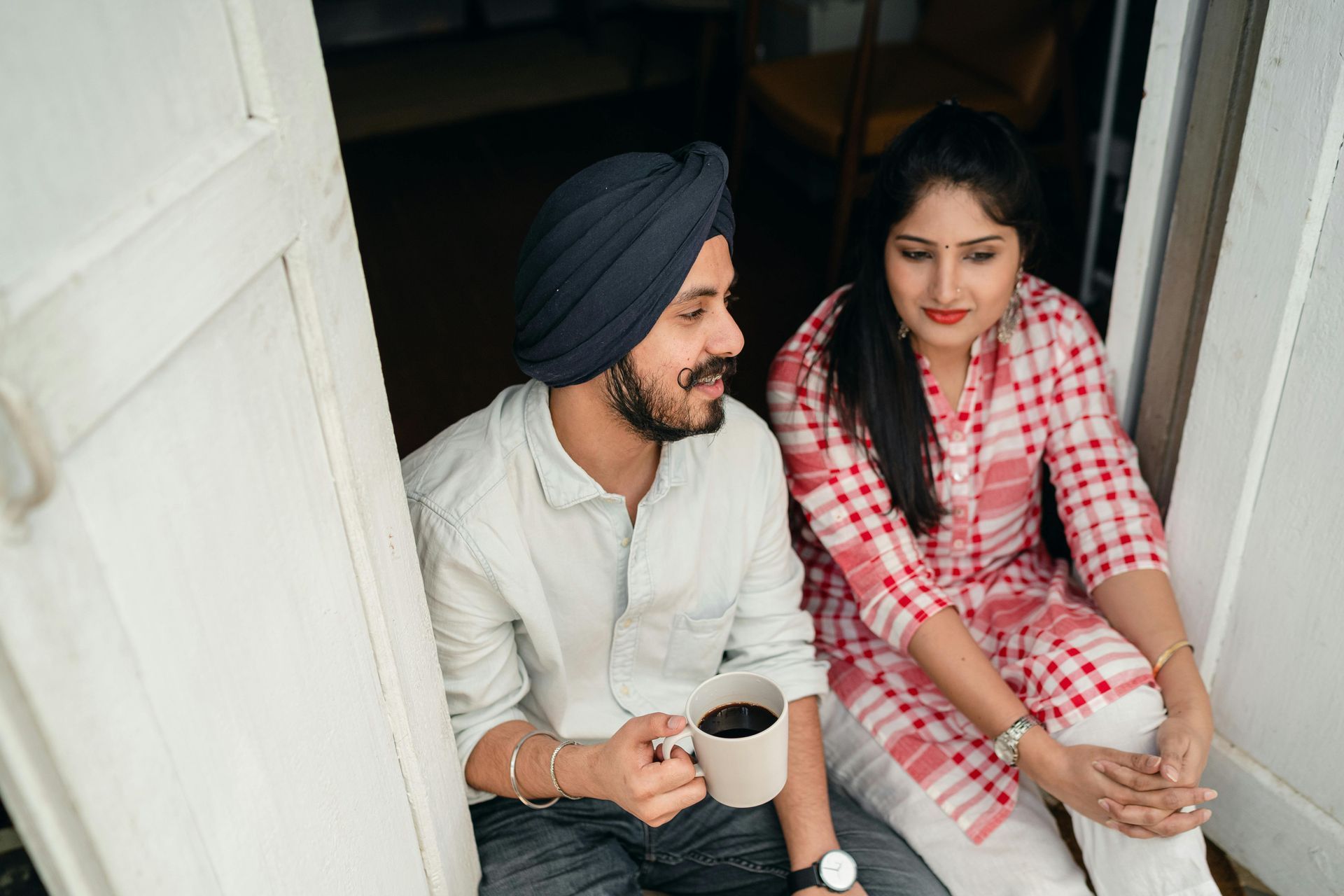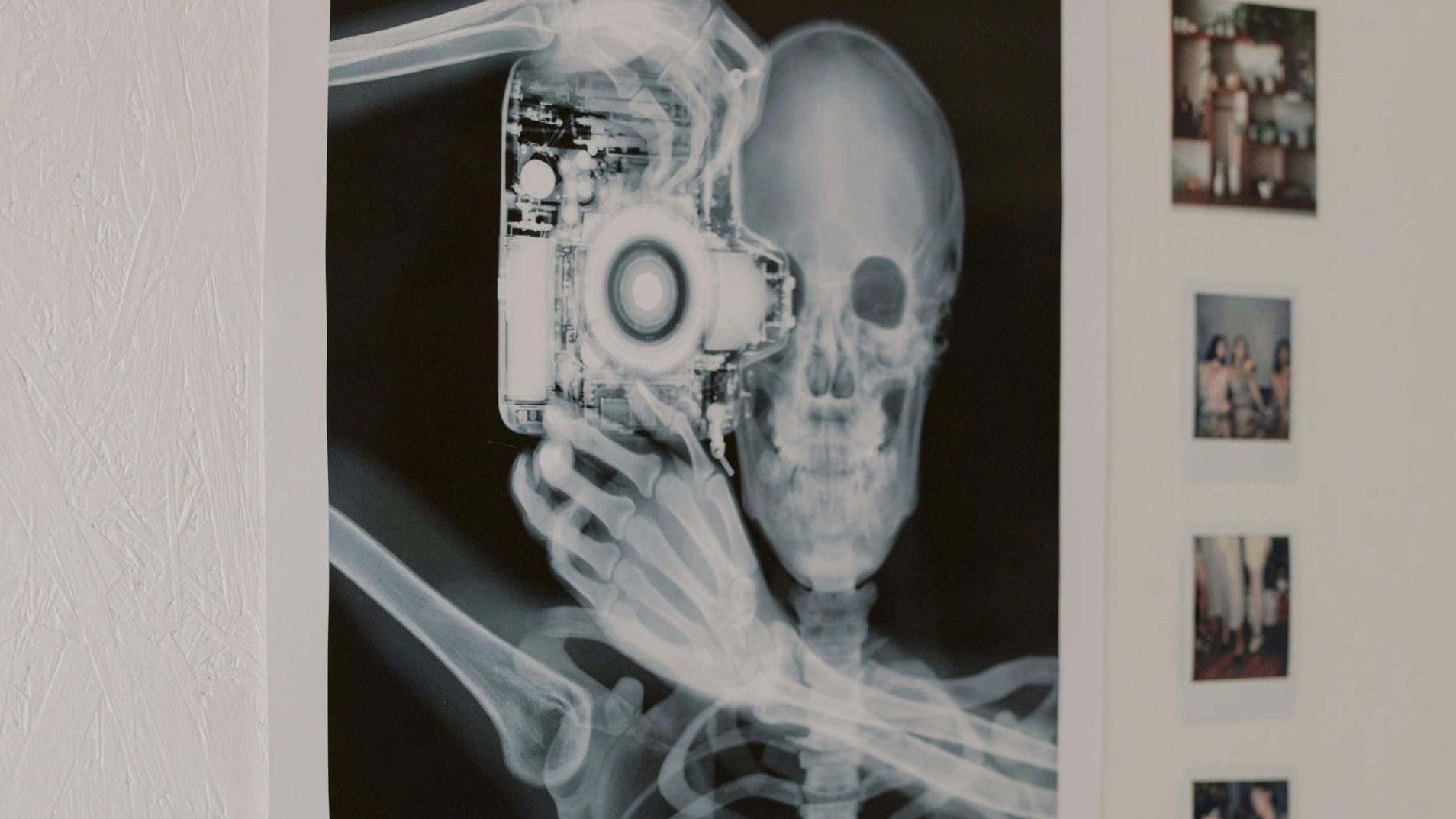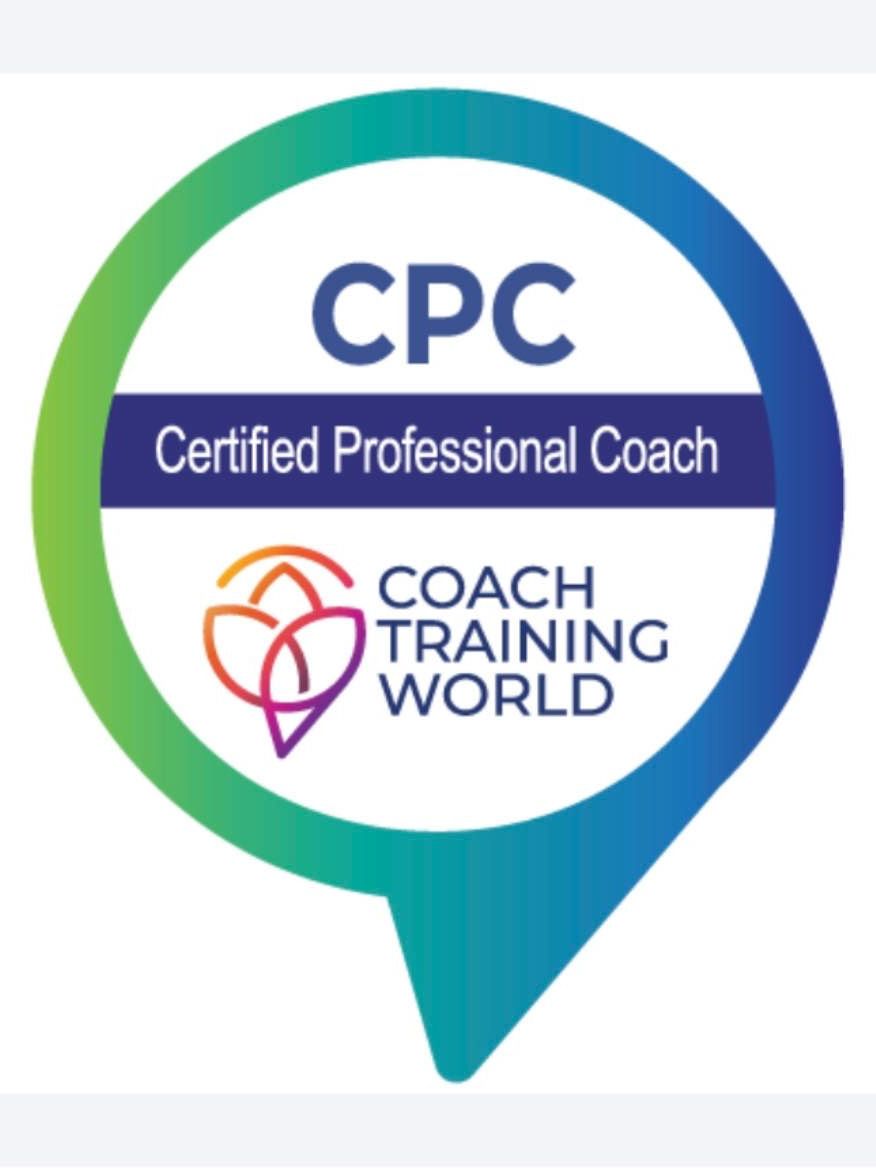Relationships
Exploring the Spectrum of Relationships: Beyond Black and White
When we think about relationships, society often encourages a binary perspective: married or single, committed or unattached, “traditional” or unconventional. Yet the reality is far more nuanced. Relationships exist on a spectrum, influenced by personal experiences, cultural norms, and evolving societal values. However, what happens when a relationship doesn’t fit neatly into these predefined boxes? Discomfort. Judgment. Curiosity.
As a life and relationship coach, I’ve worked with countless individuals and couples navigating the complexities of relationships that defy traditional labels. Time and again, I’ve seen how societal expectations can create pressure or confusion for those whose relationships fall outside the “norm.” My role is to help people identify their goals and values so they can approach their relationships with clarity, confidence, and authenticity.
The Many Types of Relationships
Relationships can take many forms, all equally valid. Some of these include:
1. Romantic Partnerships: These range from monogamous marriages to long-term committed partnerships, open relationships, or
non-monogamy.
2. Friendships: Deep, platonic bonds can be just as fulfilling and meaningful as romantic ones.
3. Chosen Family: For many, a chosen family—a network of close friends who feel like family—provides the emotional support they don’t receive from biological relatives.
4. Situationships: A term gaining popularity, this describes relationships that don’t have a defined status but still hold significance for those involved.
5. Co-parenting or Platonic Partnerships: Some people choose to share parenting responsibilities or life commitments with a close friend rather than a romantic partner.
6. Self-Relationship: Arguably the most important, this focuses on self-love and personal growth, which influences all other relationships.
In my work, I encourage clients to explore where their relationships fall on this spectrum and reflect on whether their connections truly align with their values and needs.
Society’s Discomfort with the “Different”
Society’s unease often manifests as unsolicited advice, judgment, or skepticism: “Why haven’t you settled down?” “Are you sure this is sustainable?” These questions reveal how deeply ingrained traditional relationship models remain.
The discomfort often arises because “different” relationships challenge the norms we’ve been taught to accept. They ask us to rethink assumptions about love, commitment, and success. They remind us that there’s no universal “right way” to connect with others.
As a coach, I help my clients navigate this societal discomfort, providing them with tools to build confidence in their choices and develop resilience in the face of judgment. By embracing their unique paths, they often find deeper fulfillment and alignment with their personal values.
Embracing the Spectrum
Recognizing the diversity in relationships is an act of compassion and openness. It starts by letting go of the need to label or judge and instead focusing on understanding.
1. Start with curiosity:
When encountering a relationship dynamic that’s unfamiliar, ask yourself, “What can I learn from this?” rather than “Why it this like mine?”
2. Support over judgment: People thrive when their relationships are respected and valued, even if those relationships look different from your own.
3. Redefine success: A successful relationship is one that meets the emotional needs of those involved— not one that fits a societal mold.
In my coaching practice, I encourage clients to embrace curiosity and redefine success for themselves. This mindset shift is often the key to feeling empowered in their relationships.
Finding Your Path
Whether you’re in a relationship that challenges traditional norms or questioning your own, know that the discomfort is part of growth. Relationships aren’t about fitting in—they’re about finding what fits you. And when you embrace the spectrum of possibilities, you open the door to deeper, more authentic connections.
As a life and relationship coach and sex educator, I’m here to guide you through this journey. Together, we can untangle the expectations, honor your unique needs, and build relationships that truly reflect who you are. Because in the end, isn’t the beauty of relationships found in their diversity?
